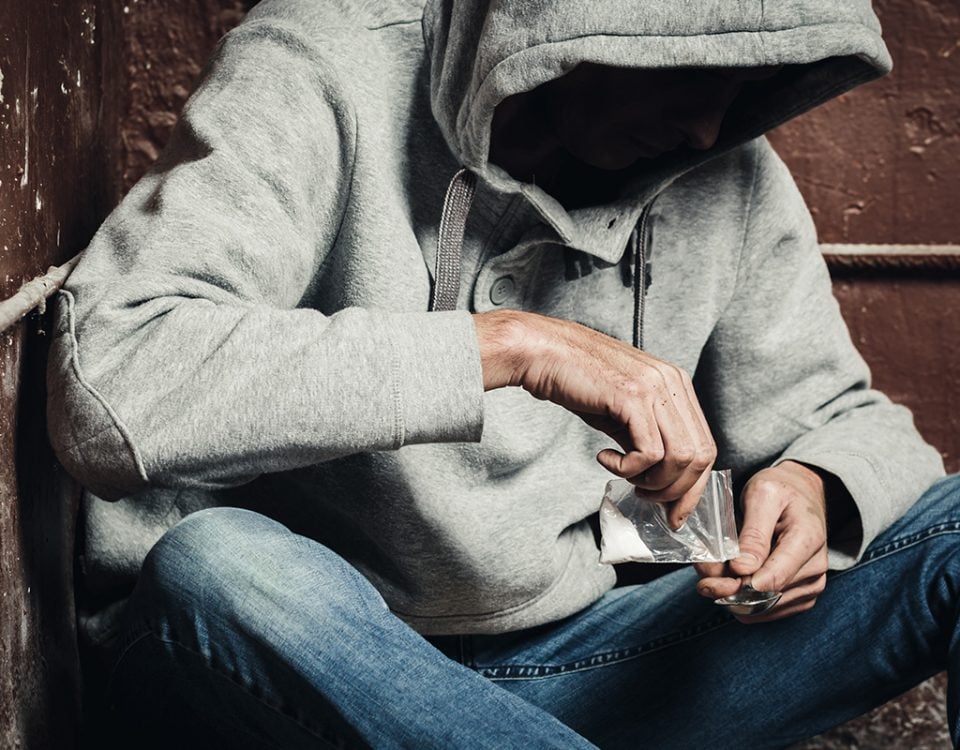The majority of people will have some type of traumatic experience in their lifetime.
In the United States, it is estimated that 70% of adults have experienced at least one of these events.1 These traumatic events can take many forms and range substantially in severity. Although some experiences may be milder than others, trauma of any kind can have a lasting impact on those affected and lead to secondary problems.
Questions about our Facilities or Programs?
Our admissions coordinators are available 24/7 to answer any questions you may have as you consider whether treatment at Banyan is right for you or your loved one.
Dealing with Trauma in Recovery from Addiction
Trauma and substance abuse problems are often connected. One survey found that over 70% of adolescents in substance abuse treatment had a history of being exposed to trauma.2 In many cases, people struggle to deal with trauma, so they turn to drugs or alcohol to help them cope. These coping mechanisms can numb the pain initially but often end up developing into a serious problem. Because of this strong relationship between the two, sometimes the only way for people to find lasting sobriety is to also learn how to cope with trauma without turning to drugs or alcohol during rehab.
At Banyan Philadelphia, we are sharing some tips on how to deal with trauma in addiction recovery, so you can take some of the weight of your trauma off your shoulders.
Make A Connection
Substance abuse problems often stem from several issues, but a traumatic event could be a leading cause. Early addiction recovery is a good time for self-reflection. Take the time to explore the connection between your substance use and your past trauma. You will likely learn a lot about yourself and be able to approach recovery from a new perspective.
Therapy
Dealing with a traumatic event in addiction recovery is not something you should have to hide or struggle with on your own. Therapy programs can help you work through both your addiction and your pain simultaneously. We offer several therapy programs including movement therapy, meditation, and biofeedback in Philadelphia to help patients approach these problems from several different angles.
Open Up
It is one thing to go through the motions of therapy and another to actively try. Therapists can only help if you are willing to open up about your experiences. It can be scary to talk about your past traumas with a total stranger, but you will likely feel a big sense of relief afterward. Your therapist will also get a better understanding of how to best help you move forward.
Special Program
Not every rehab will be well-equipped to help with your trauma. Before you enter treatment, look for a facility offering a trauma treatment program. This program ensures that they have specific staff members in place who are trained to work with people who have experienced trauma and have appropriate treatment programs in place.
Learning how to deal with trauma in addiction recovery will not happen overnight. Healing from both substance abuse and trauma takes time -- but it is doable.
Getting into treatment is easy with our free insurance verification
"*" indicates required fields
At Banyan Philadelphia, we help people overcome substance abuse as well as its secondary problems so they can lead happier and healthier lives. Call us today at 888-280-4763 to learn more.
Sources:
- The National Council- How to Manage Trauma
- NCTSN- Making the Connection: Trauma and Substance Abuse









